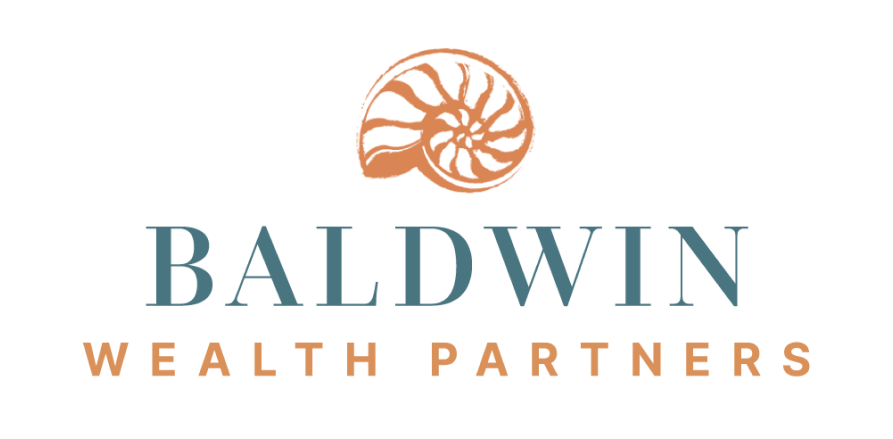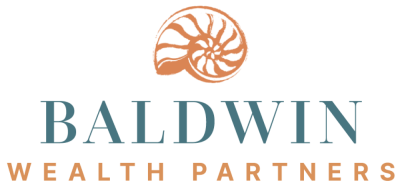You Don’t Get Paid Extra for Degree of Difficulty
By Zach Shirilla, CFA
Client Update

The 2024 Paris Olympics are now behind us, during which we were treated to dazzling displays of athleticism, precision, and competitive spirit. One of the key storylines was the long-awaited return of Simone Biles, and she did not disappoint, winning four more Olympic medals. Key to Simone’s success is the much higher degree of difficulty of her routines across nearly every event, which adds to her total score potential and puts victory out of reach for her competitors, barring multiple significant errors.
In your investment account statements, please locate the degree of difficulty score next to your account value. Can’t find it? As Warren Buffet says, “Unlike the Olympics, you don’t get any extra points for the fact that something is very hard to do.”
While we admire Biles’ brilliant, envelope-pushing performances, your team at Baldwin Wealth Partners adopts an equity investment philosophy and process we believe is effective and appropriately straightforward. We seek to buy great businesses at fair prices, with the intention of holding for the long term. There isn’t a one size fits all definition of a great business, but some key characteristics we look for are:
1. Companies with a history of attractive margins and profitability through market cycles.
2. Defensive balance sheets with low levels of debt and/or well-laddered maturities that can be comfortably serviced in a range of business conditions. Good (even great) companies have failed when capital markets tightened at the same time substantial, but previously serviceable, debts have matured.
3. Investing primarily in industries with large and/or durable tailwinds. A rising tide lifts all boats; alternatively, it’s harder to row against the current.
4. Invest in companies with an authentic environmental, social, and governance framework, which we believe is a good harbinger of business quality.
5. Avoid excessively complicated investment theses which rely on the confluence of several assumptions. A complicated thesis is a fragile thesis.
6. Avoid business transformations, which have a history of taking longer than management or investors expect, if they succeed at all.
We don’t apply the above characteristics as a checklist, with a pass/fail score applied to each. Instead, they serve as a helpful framework when we are initially evaluating an opportunity in a company or industry, as well as keeping us honest if any of the above characteristics change. Importantly, we are optimistic that avoiding complexity where feasible and owning great companies in attractive industries may deliver strong returns while mitigating risk over the long term.
As always, we encourage you to reach out with any questions about our investment philosophy and process, or your portfolio.

